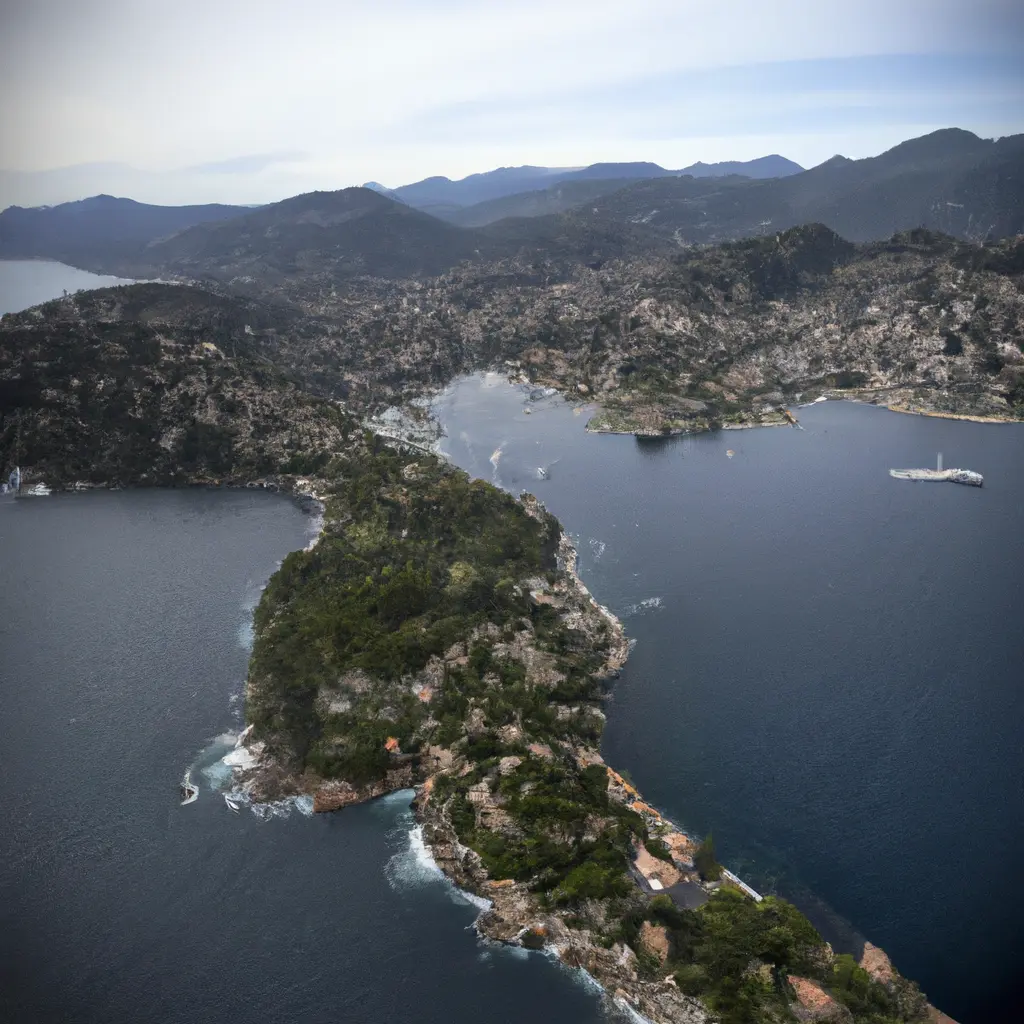Real estate in France: 7.3 million ownerless plots susceptible to money laundering.

In its report, the international NGO Transparency International criticized the high degree of opacity in the French real estate sector.
With uncertainty over the future of Anticor, which has just lost its accreditation, a concrete example of the public utility of anti-corruption non-governmental organizations (NGOs) is emerging.
While buying real estate remains an attractive way to launder money with criminal origins, France lacks macroeconomic data to assess the risk. Transparency International and its French branch, working with the Anti-Corruption Data Collective, are filling this void. Together they''have published a detailed report on the subject entitled The Wall. This unique analysis of the territory contains many discoveries.
It shows that 11% of French cadastral plots - more than 10 million out of 98 million - are owned by private companies (e.g.
14 May 2025
14 May 2025




The Transparency and Anti-Corruption Data Collective needed several months of work to reach these conclusions. They had to collect, aggregate and compare available public information on companies and real estate assets (register of "actual beneficiaries" of companies, real estate register, cadastre, etc.).
If this study attracts attention, it is because money laundering through real estate - a key sector of the economy, accounting for 11% of GDP and involving more than one million transactions annually - is a 'high threat' to France, as noted by the Council for Combating Money Laundering and the Financing of Terrorism
Comment
Popular Posts
Popular Offers

Subscribe to the newsletter from Hatamatata.com!
Subscribe to the newsletter from Hatamatata.com!
I agree to the processing of personal data and confidentiality rules of Hatamatata










